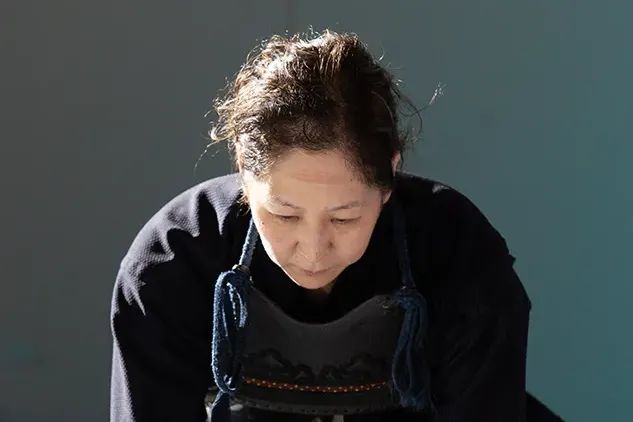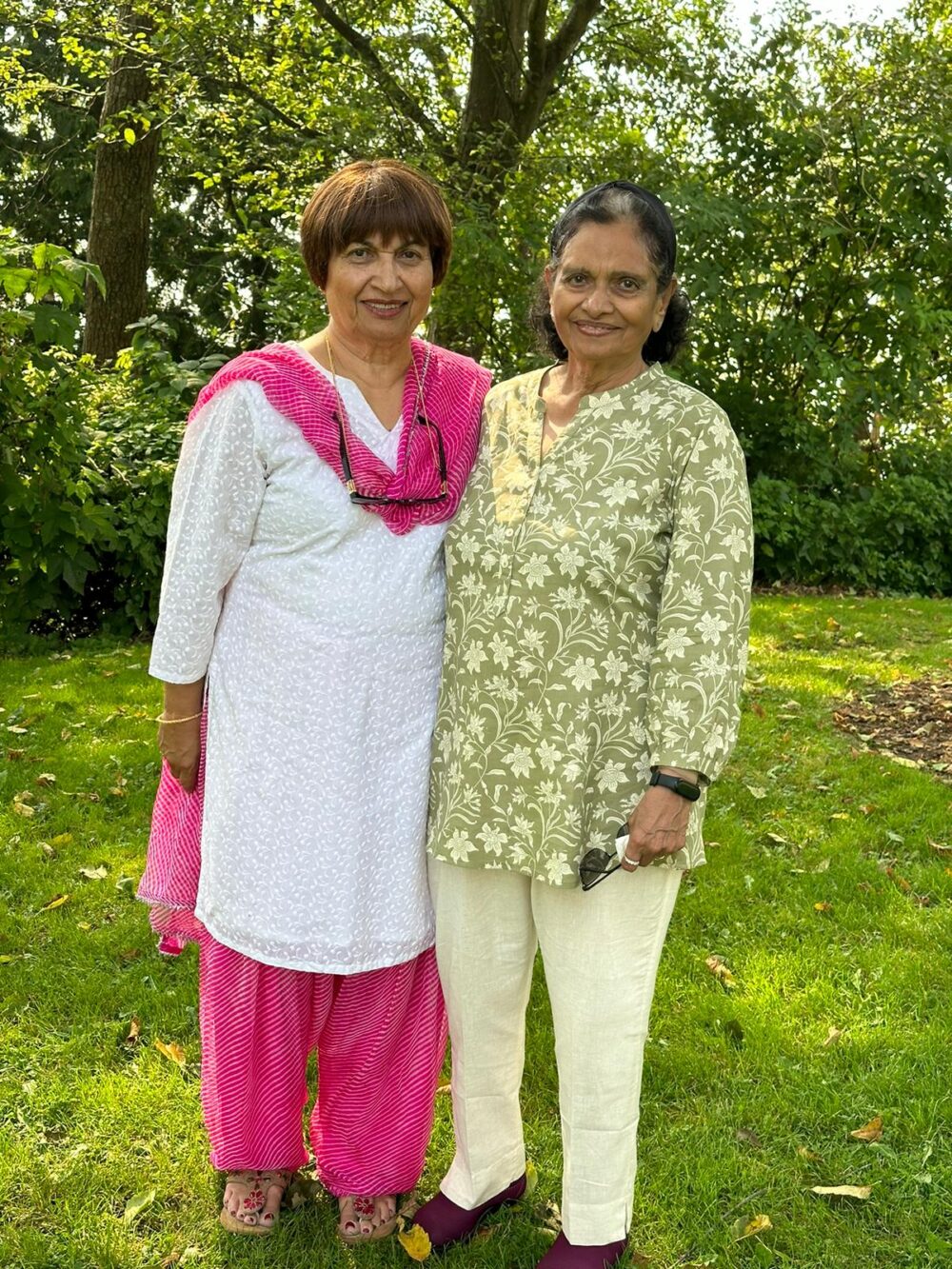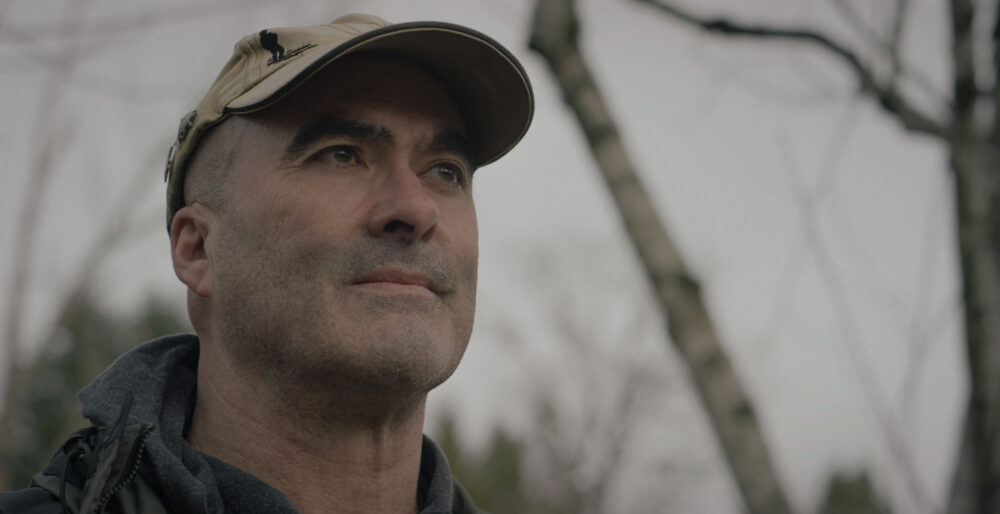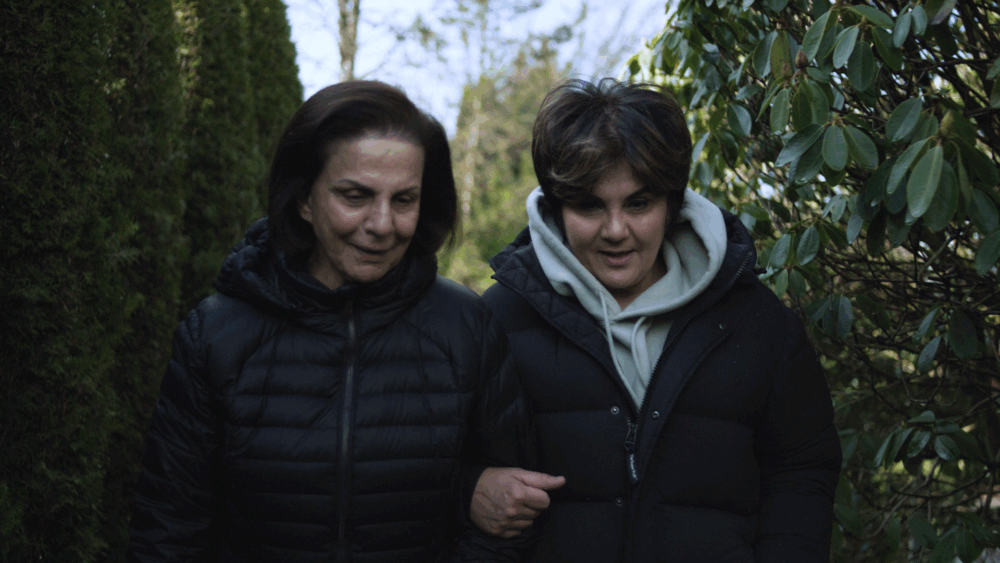Screening Stories
Screening saves lives by finding cancer early or stopping it from starting, even if you are feeling healthy and have no symptoms. Explore these stories to learn more about how screening has helped people. Whether by catching cancer early or as a proactive step that offers peace of mind, screening is an important way to stay on top of your health. We’d like to hear your screening story too.

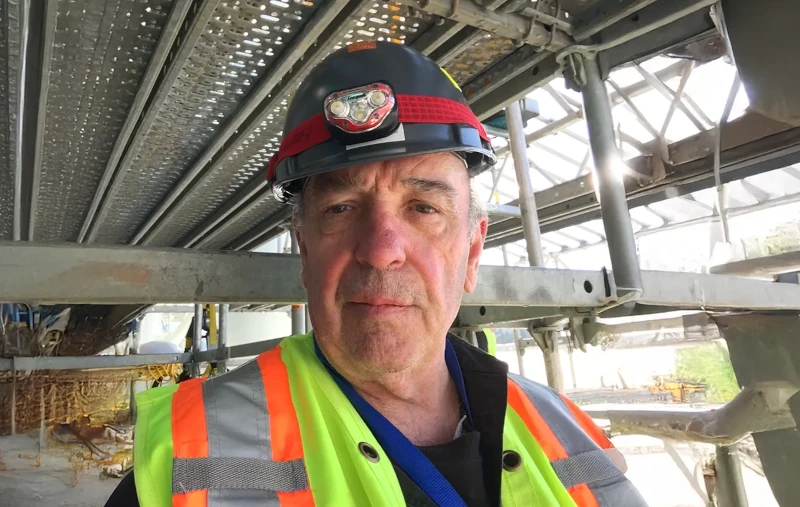

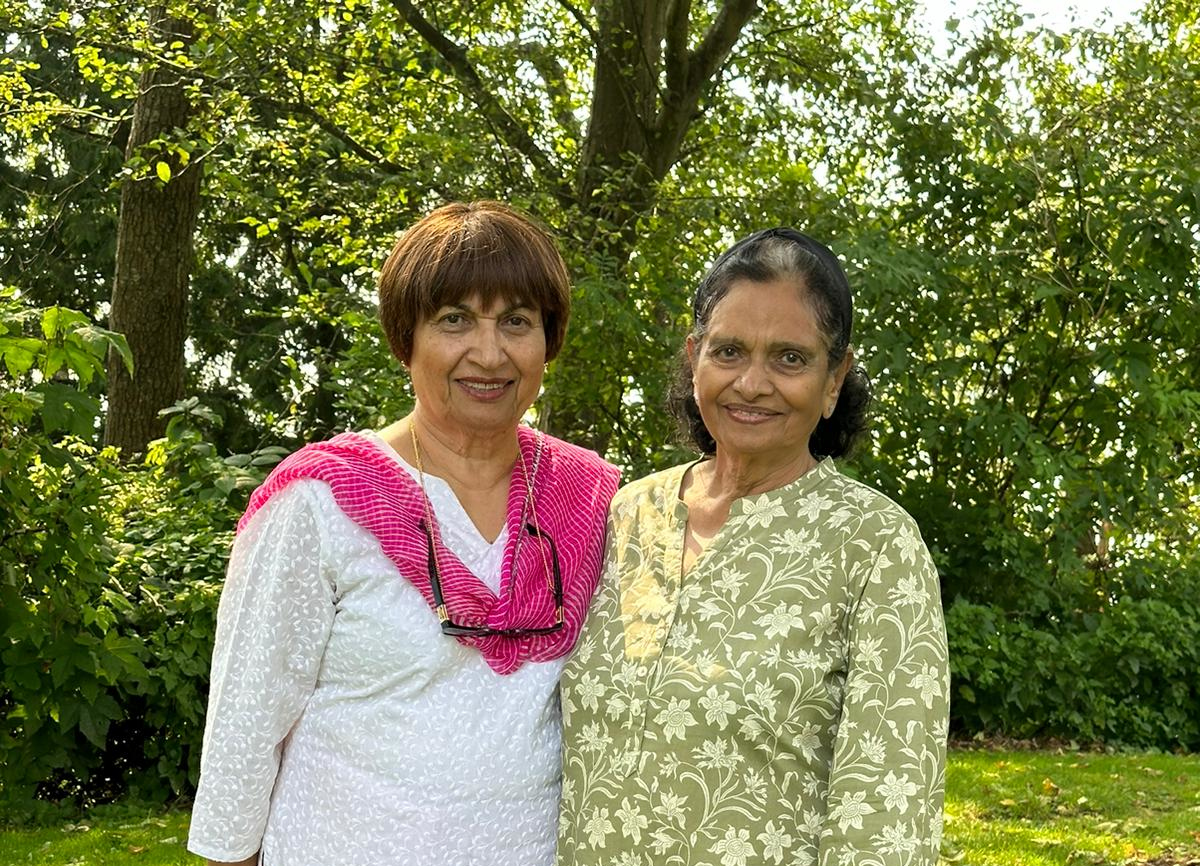



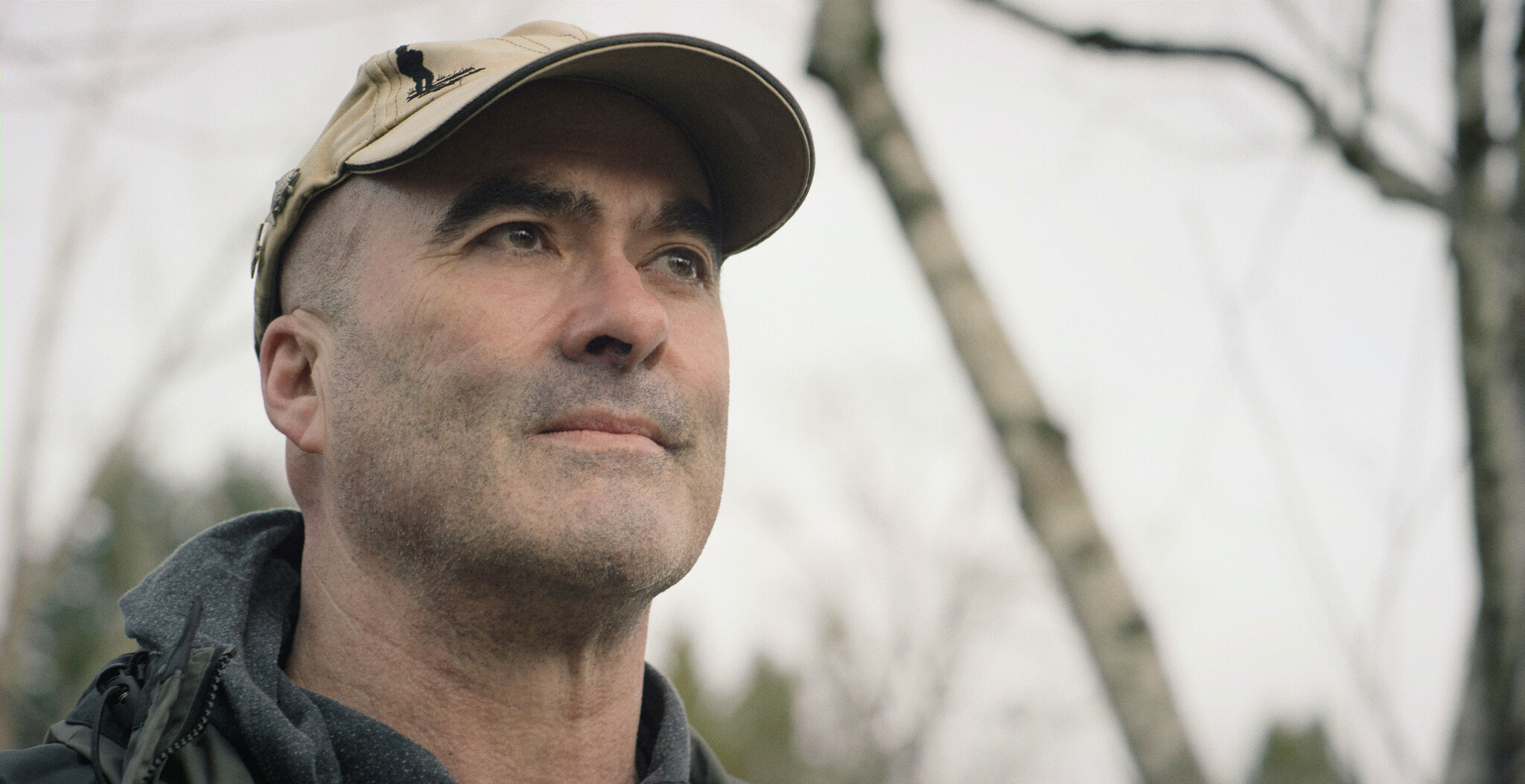

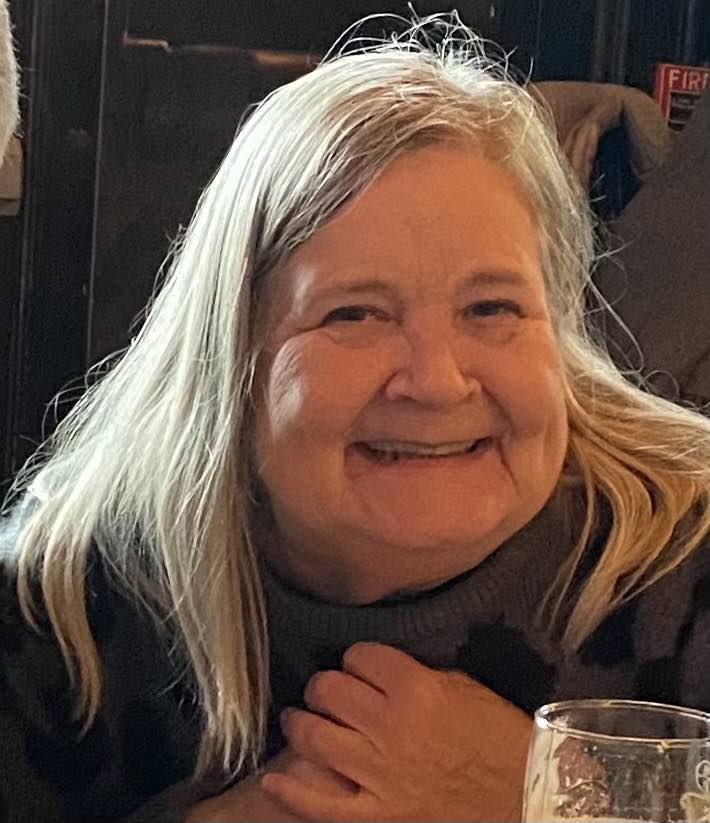


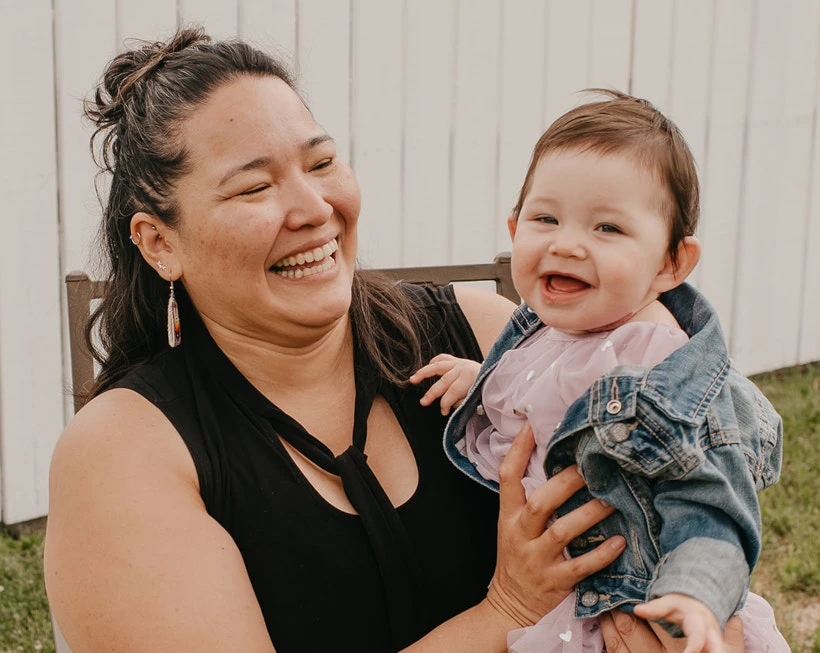
Screening Saves Lives
Early detection saves lives, and our screening services provide people with the information they need to make informed health decisions. Our four province-wide screening programs help prevent or detect cancer early – when treatment is most effective. Learn more about screening today – because there is power in knowing.
WHAT TO EXPECT
Breast Screening
What is the screening test?
Breast screening involves getting a screening mammogram, which is an x-ray of your breasts.
Who is eligible?
Most women, and many Two-Spirit, trans and gender-diverse people, 40 years and older with no symptoms.
How often should I screen?
Every 2 years if you do not have a family history of breast cancer. Every year if you have a family history (parent, child or full-sibling) of breast cancer.
Where do I go for screening?
Screening mammograms are provided in clinics and hospitals across B.C. They are also offered to rural and remote communities by mobile mammography vans.
How do I book a test?
Visit the Clinic Locator to find a screening site near you.
Call the screening centre directly from the phone number listed on the website, or call Client Services Centre at: 1-800-663-9203.
Cervix Screening
What is the screening test?
There are two ways to screen:
Self-screening: swab of your vagina that you can do yourself.
Pap test: swab of your cervix collected by a health care provider.
Who is eligible?
People with a cervix, including women and Two-Spirit, trans and gender diverse people between 25 to 69 years of age with no symptoms.
How often should I screen?
Every 3 or 5 years depending on your previous screening test (self-screening or Pap) and your clinical history.
Where do I go for screening?
For self-screening, you can complete your screening test wherever you feel most comfortable, such as at home or at a clinic.
Pap tests are performed by a health care provider at their clinic.
How do I book a test?
To request a self-screening kit, visit screeningbc.ca/cervix, call 1-877-702-6566, or talk to a health care provider.
To book a Pap test, talk to a health care provider.
Colon Screening
What is the screening test?
There are two ways to screen:
Fecal Immunochemical Test (FIT): stool collection test you can do yourself.
Colonoscopy: a colon exam performed by a health care provider in a hospital.
Who is eligible?
In general, people between 50 to 74 years of age with no symptoms.
How often should I screen?
Every 2 years with the FIT if you are at average risk (most people).
Every 5 years with a colonoscopy if you have a significant family history of colon cancer.
If you have a personal history of precancerous lesions, how often you should screen depends on previous colonoscopies and your family history.
Where do I go for screening?
You can complete the FIT at home after picking up your kit from the lab.
A colonoscopy is performed by a specialist in a hospital.
How do I book a test?
Visit a health care provider for a lab requisition to pick up a FIT or a referral for a colonoscopy.
Lung Screening
What is the screening test?
Lung screening involves a low-dose CT scan which takes pictures of your lungs.
Who is eligible?
People between 55 to 74 years of age with no symptoms and a significant history of regularly smoking commercial tobacco (cigarettes, cigars, etc), currently or in the past should consider lung screening.
Complete a risk assessment with BC Cancer over the phone to find out if you qualify.
How often should I screen?
How often you screen is based on the result of your low-dose CT scan.
Where do I go for screening?
Lung screening involves a low-dose CT scan performed at a hospital.
How do I book a test?
Call the Lung Screening Program at: 1-877-717-5864 to complete a risk assessment to confirm your eligibility.
If you qualify, you will be referred for a low-dose CT scan at a hospital near you.

